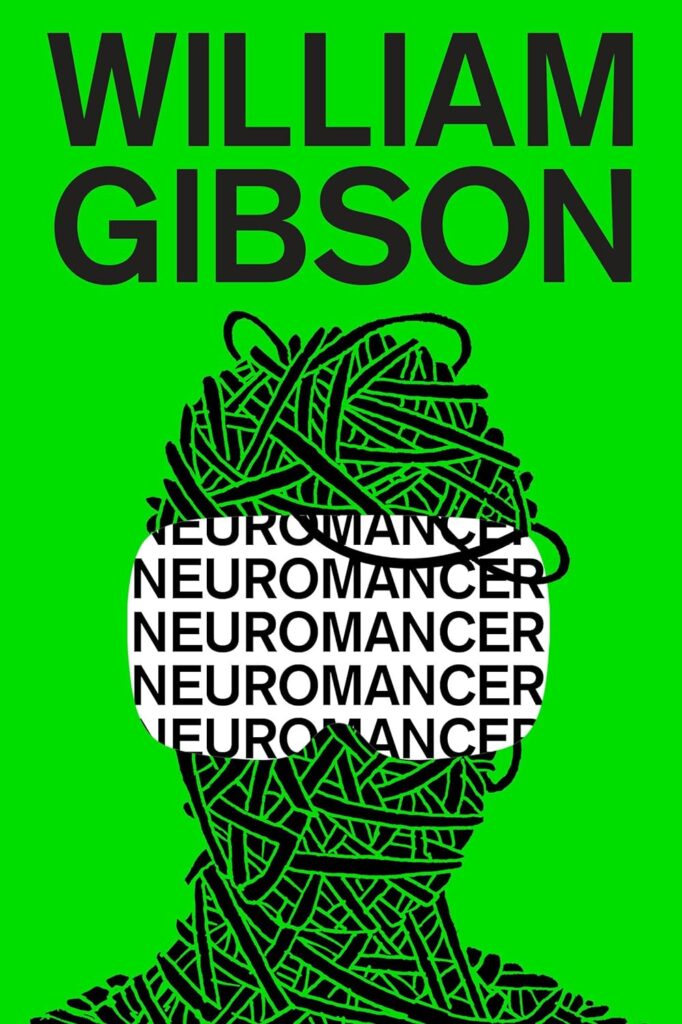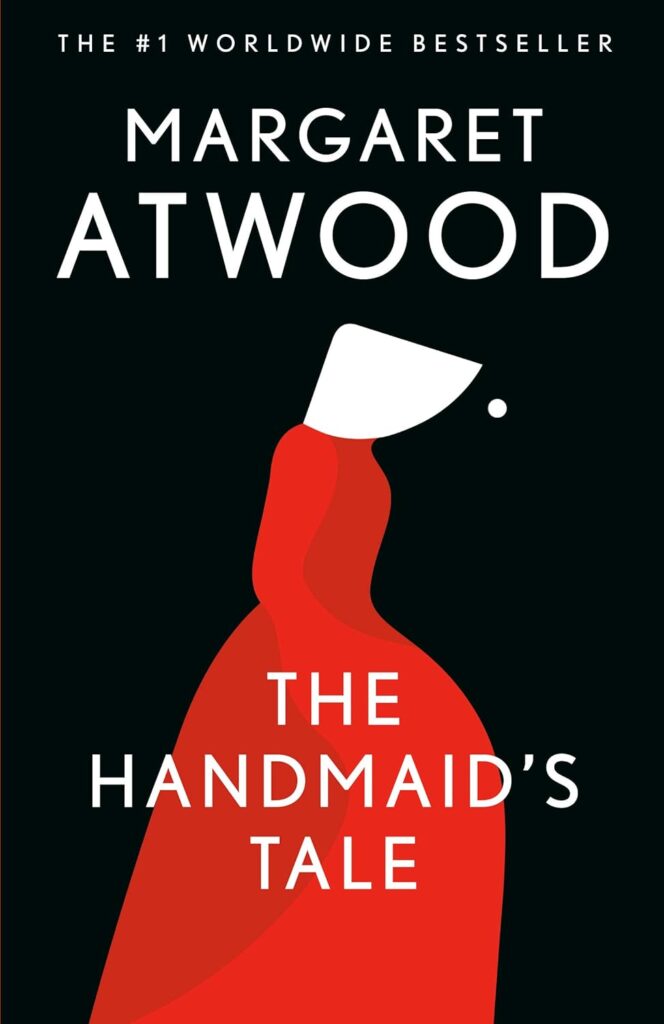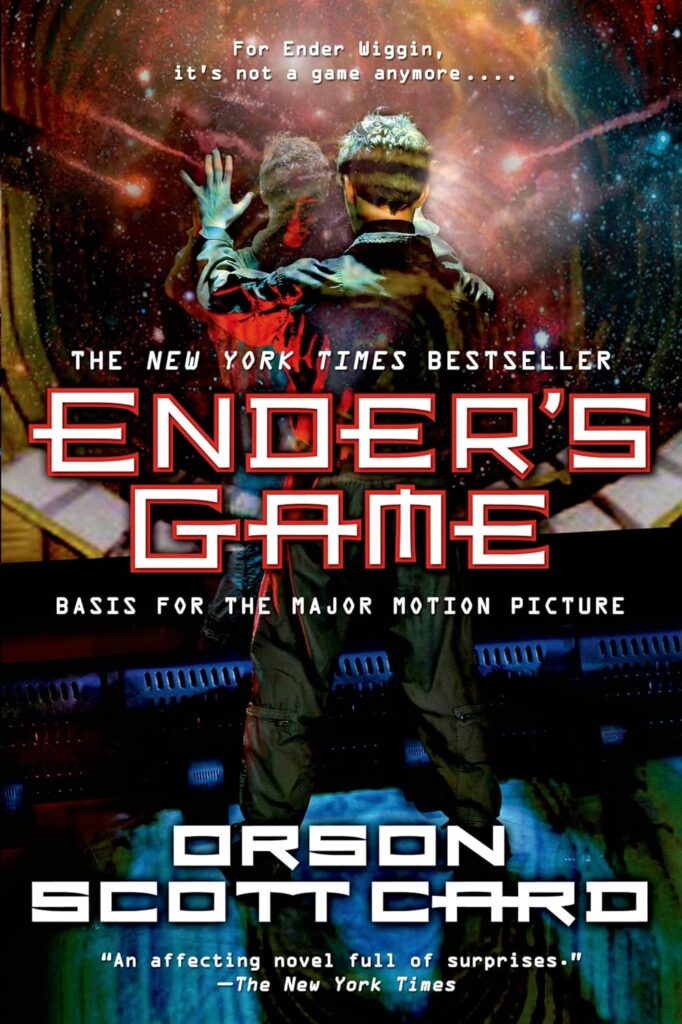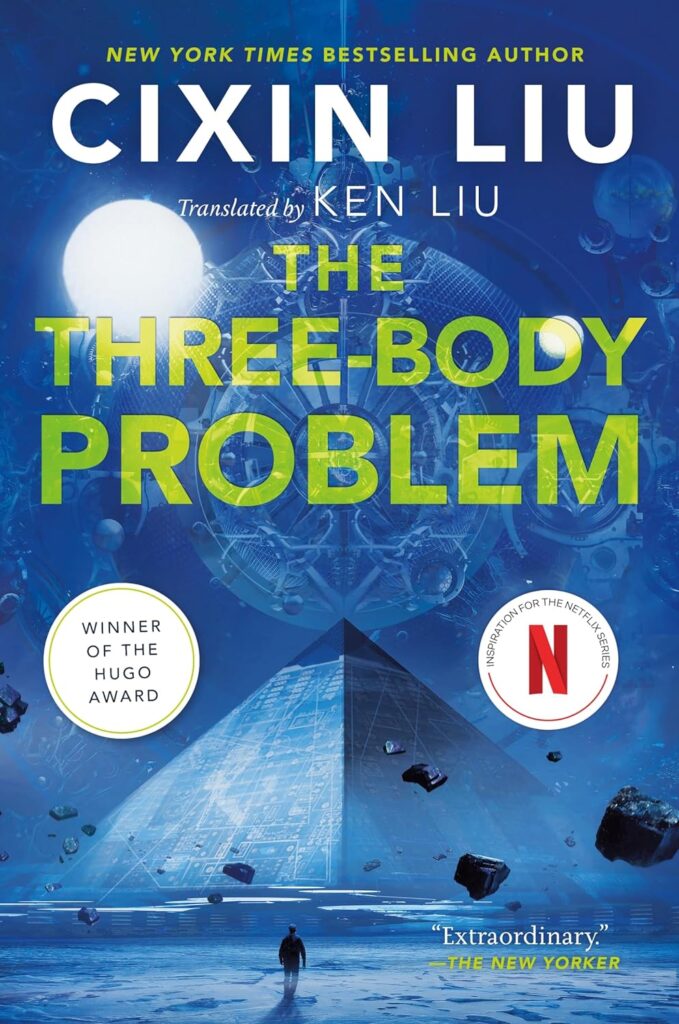Hey there, sci-fi lovers! 🌌🚀 Ever wondered what makes great sci-fi books truly out of this world? From exploring distant galaxies to discovering the mysteries of the future, these books spark our imaginations like no other genre. Let’s review some of the essential elements and beloved tropes that make great sci-fi books so interesting to read.
What Makes Great Sci-Fi Books?
1. Innovative Technology and World-Building
One of the key elements of great sci-fi books is their innovative technology and immersive world-building. These stories often introduce advanced spaceships, artificial intelligence, or futuristic cities that transport you to another reality. The technology in sci-fi novels often feels both imaginative and plausible, grounding you in the story’s universe. World-building can add layers of detail, creating a vivid setting where the story unfolds. When done well, it immerses you completely, making the sci-fi experience feel real.

Example:
In “Neuromancer” by William Gibson, the gritty, cyberpunk world is brought to life with detailed depictions of cyberspace, AI, and advanced hacking. This vivid world-building and tech innovations set a high bar for the sci-fi genre.
2. Thought-Provoking Themes and Social Commentary
Great sci-fi books often delve into thought-provoking themes and social commentary. They explore the implications of technology on society, ethics, and humanity, pushing you to think deeply about current and future issues. These themes resonate because they mirror real-world dilemmas, prompting reflection on topics like power, freedom, and morality. Sci-fi becomes a lens through which we examine our world, which can encourage critical thinking and dialogue. This element is crucial for a lasting impact, making the stories memorable and meaningful.

Example:
“The Handmaid’s Tale” by Margaret Atwood explores themes of power, control, and gender oppression in a dystopian society. Its chilling social commentary continues to resonate with readers today.
3. Complex Characters and Emotional Depth
While technology and world-building are vital, great sci-fi books also feature complex characters and emotional depth. Characters should be well-developed, with relatable struggles and triumphs that draw you into their journey. Their growth and relationships add layers to the narrative, making the sci-fi story more engaging. Emotional depth is essential and allows readers to connect on a personal level. It enriches the narrative, balancing the fantastical elements with human experiences.

Example:
“Dune” by Frank Herbert centers on Paul Atreides, whose journey of self-discovery and leadership is intertwined with political intrigue and ecological themes. Paul’s complex character adds emotional depth to this epic sci-fi series.
4. High-Stakes Conflict and Adventure
Great sci-fi books are often driven by high-stakes conflict and exciting adventure. Whether it’s a battle for survival, a fight against a corrupt regime, or an interstellar war, the tension and stakes keep you on the edge of your seat. The conflicts should feel significant, and impact the characters and the world around them. Adventure elements can add excitement, propelling the story forward with action and suspense. These components are essential for an engaging read that holds your attention.

Example:
“Ender’s Game” by Orson Scott Card follows young Ender Wiggin as he trains to defend Earth from an alien threat. The intense military training and impending conflict create a high-stakes sci-fi novel that you become invested in.
5. Intriguing Science and Speculative Concepts
Sci-fi thrives on intriguing science and speculative concepts, exploring possibilities that push the boundaries of our understanding. These elements invite you to ponder “what if” scenarios and envision future innovations. The science should be well-researched and woven into the story, creating a sense of wonder and discovery. Speculative concepts can challenge the imagination, offering new perspectives on technology, life, and the universe. This element keeps sci-fi books fresh and exciting, always pushing the limits of what we know.

Example:
“The Three-Body Problem” by Liu Cixin explores the complexities of first contact with an alien civilization, blending hard science with speculative fiction. The sci-fi novel’s intricate scientific concepts make it a standout in the genre.
Exploring the Stars and Beyond
Great sci-fi books can transport you to new worlds, challenge your perspectives, and inspire awe with your imagination. From innovative technology and complex characters to high-stakes conflict and thought-provoking themes, the elements of great sci-fi books are as vast and varied as the cosmos itself. So, grab one of these stellar reads, and prepare for an adventure that’s truly out of this world. Happy reading! 🚀✨

